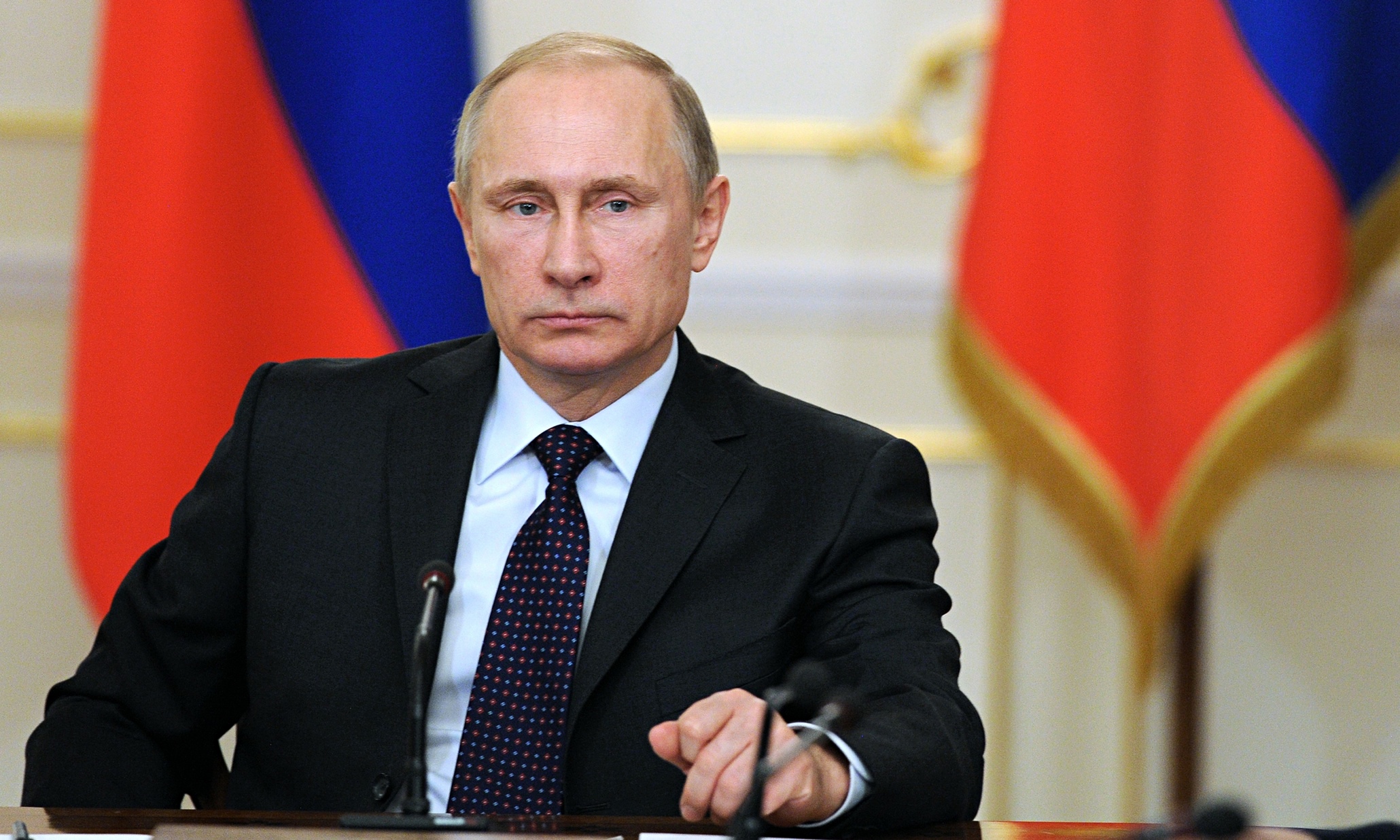Keep your friends close and your enemies closer, so the saying goes.
When it comes to matters of international relations and potential nuclear war, the hardest part isn’t keeping enemies closer, but finding out who is the friend and who is the foe.
Following the U.S. presidential election, in which Donald Trump became the president-elect, Russian President Vladimir Putin congratulated Trump over the phone and announced he was willing to begin restoring an alliance with the other major world power. This comes as a breath of relief for some, such as my fiancée who always insisted Hillary Clinton would start a war with Russia, but for others it raises questions.
Why does Putin want to form an alliance now, after abruptly seizing control of Crimea and basically mocking President Barack Obama? Does Putin actually want to be “friends” or is he trying to distract the U.S. government from something more devious?
But more importantly, in my opinion, how does Putin benefit from an alliance with Trump?
According to George Freidman, writing for the Mauldin Economics, Russia needs time to build up its military defenses to take back its control in Ukraine, and Putin wants to align with Trump because Trump isn’t planning on making a move to stop Russia’s intent on Ukraine. The “new Cold War” seems to be rooted in the battles over Russia’s buffer zone.
Before Trump became the president-elect, BBC News reported Trump saying Putin “has been a leader far more than our president has been,” and “I think I’ll be able to get along with him.” The two leaders seemed to be supporting one another throughout Trump’s campaign, and now Putin has decided to play nice with Trump’s victory. Maybe that’s not a bad thing.
What could go wrong if America aligned with Russia and Putin came out as two-faced?
Last Wednesday, Victoria Craw, writing for New Zealand’s NZ Herald, reported on Putin’s decision to move short-range missiles to Kaliningrad, 819 miles away from central Ukraine. The decision came as a defensive reaction for Putin, who felt “concerned” over the North Atlantic Treaty Organization’s decision-making process, according to the article. CNBC and Breitbart also reported on the event, calling Putin’s choice a “destabilizing” threat.
This situation — dealing with powerful leaders who have a strong influence on the world and are unpredictable when it comes to choosing friend or foe — is new to Trump, who has little-to-no experience with international, political schemes. Putin on the other hand, has more than 40 years of experience in this field.
Putin started working for the Russian government in 1975 as a KGB (a secretive security agency for the Soviet Union) intelligence officer, according to history.com. He joined a former Russian president’s administration in 1998, became prime minister a year later and then moved on to acting president until officially elected in 2000. He was re-elected 2004 and forced to step down in 2008 due to term limits, but stuck around as the prime minister. Russian citizens elected him as president again in 2012 and here he is, 41 years later, taunting the U.S. and Europe with his iron-fisted control and intimidation tactics.
What are his intentions? It’s impossible to say at this point.
The most I can do as a college student in Midwest America is hope Putin makes peace with the U.S.














Accord I too, feel that we share a lot in common with the taunt.